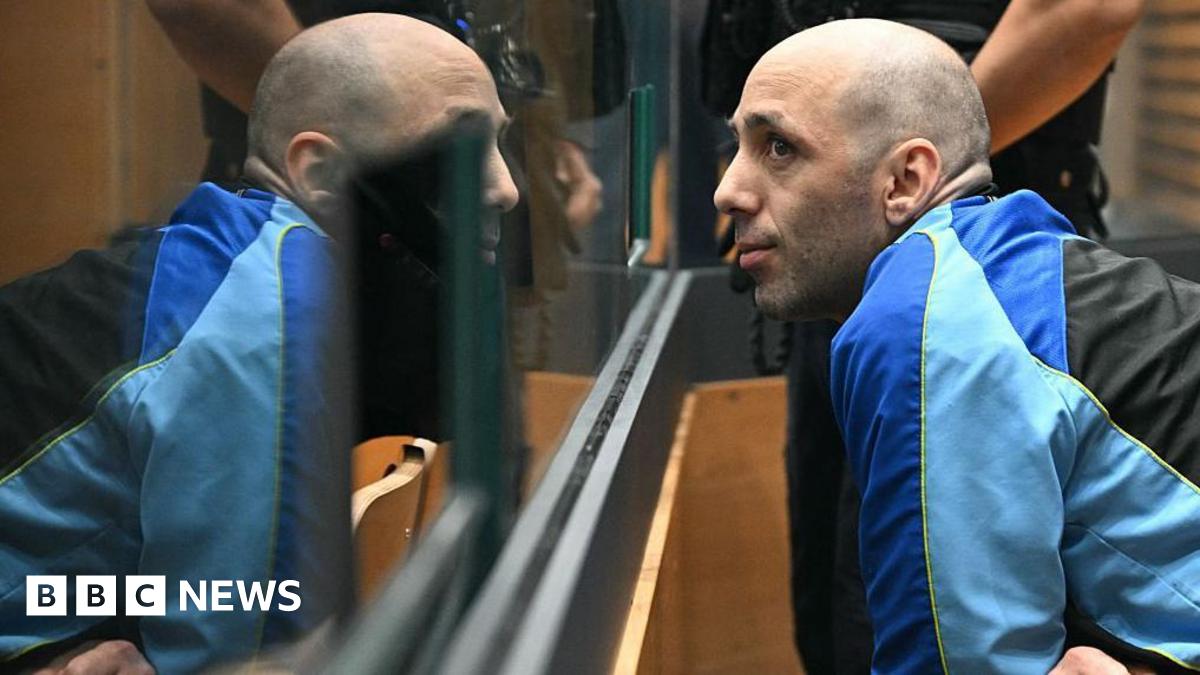France Transfixed by Murder Trial Without a Body: The Delphine Jubillar Case
A captivating murder trial has gripped France, centered around the disappearance of Delphine Jubillar. Her husband, Cédric Jubillar, stands accused of her murder, despite the absence of a body or conclusive physical evidence. The case has sparked widespread public interest and intense debate, unfolding in the town of Albi.
The Disappearance and Initial Investigation
The mystery began on December 16, 2020, when Cédric Jubillar reported his wife, Delphine, missing. At the time, Delphine Jubillar was a 33-year-old night nurse residing in Cagnac-les-Mines, in the Occitania region of southwestern France, with her husband and their two children. Initial searches by police and locals, including explorations of disused mineshafts, yielded no sign of her body. As the investigation progressed, the couple's troubled relationship came to light. Cédric was described as a habitual cannabis user with unstable employment, while Delphine was involved in an online relationship and contemplating divorce. This information led to Cédric becoming the primary suspect, and he was placed under investigation in mid-2021.
The Prosecution's Case and Defense Arguments
The prosecution intends to argue that Cédric Jubillar had a clear motive for murder due to the impending divorce. They will highlight what they consider suspicious behavior on the night of the disappearance, evidence suggesting a fight (such as broken glasses), and a neighbor's account of hearing a woman screaming. Furthermore, the prosecution plans to present witnesses who will testify to Cédric's threatening behavior toward Delphine before her disappearance and his apparent lack of concern afterward. Two acquaintances, a former cellmate and a former girlfriend, are expected to repeat statements they made to police, claiming that Cédric confessed to the murder and revealed the location of the body. However, these claims have yet to be substantiated with the discovery of Delphine's remains.
The defense is expected to challenge the credibility of these witnesses and emphasize the lack of concrete evidence linking Cédric Jubillar to his wife's disappearance. They will argue that there is nothing beyond public perception to prove his guilt, and that he has consistently maintained his innocence.
Public Obsession and Social Media Frenzy
The Delphine Jubillar case has captured the public's imagination and sparked intense discussion on social media. Numerous online groups have formed, where self-declared investigators share theories and analyze the available evidence. This phenomenon has drawn criticism from both the police and the victim's family, who find the speculation intrusive and unhelpful.
"These groups are the equivalent of the bistro counter – but with more people," said psychoanalyst Patrick Avrane, author of a book on attitudes to crime. "Everyone constructs the theory that suits him or her the best."
Writer Thibault de Montaigu described the case as resembling "a novel by Georges Simenon," highlighting the perplexing nature of the crime. He questions how Cédric Jubillar, portrayed as a "red-eyed, fuzzy-brained guy who smoked ten joints a day," could have committed the perfect crime, leaving no trace of his wife's body. The central mystery remains: genius bluffer, lucky fool, or poor innocent? The court in Albi will ultimately decide the fate of Cédric Jubillar.
| Case Detail | Description |
|---|---|
| Victim | Delphine Jubillar, disappeared December 16, 2020 |
| Accused | Cédric Jubillar, husband of Delphine |
| Location | Cagnac-les-Mines, Occitania, France |
| Evidence | Primarily circumstantial, no body found |
| Trial Length | Expected to last four weeks |
 Visit the website
Visit the website

